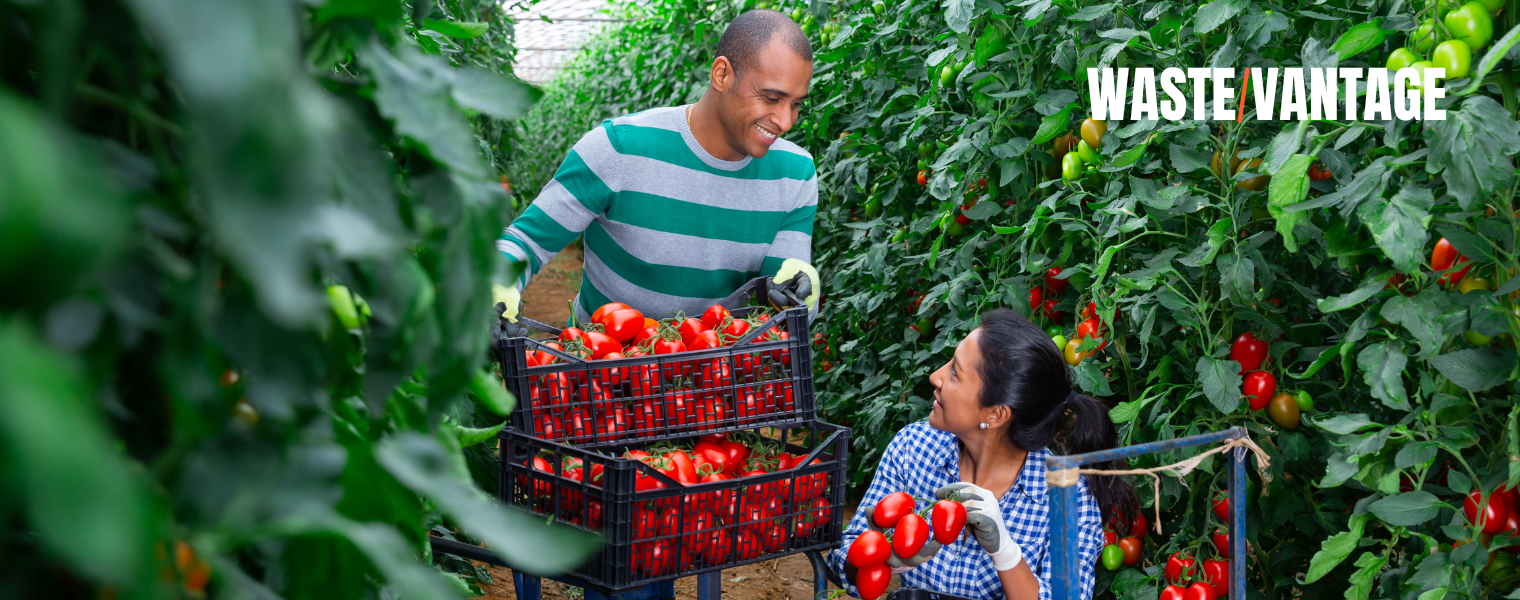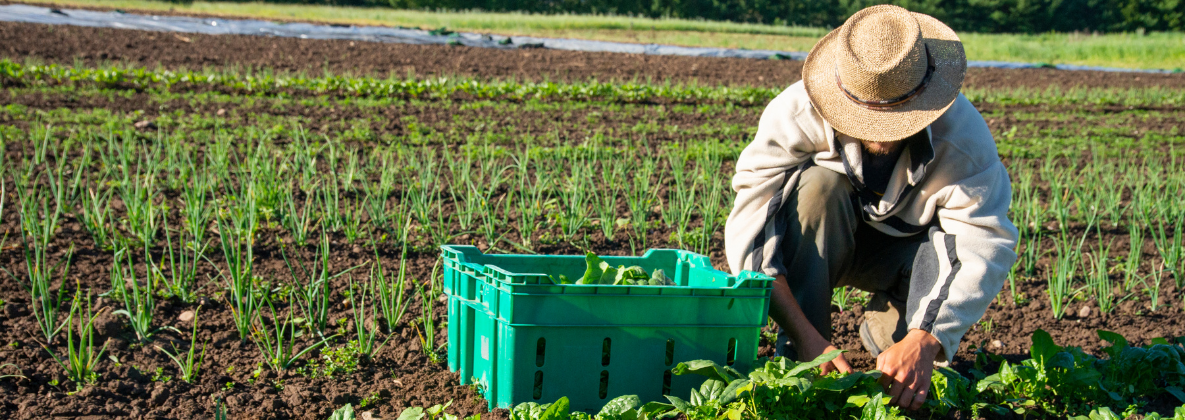Frameworks & Models
Permaculture

Permaculture: Cultivating Harmony with Nature
Permaculture is a holistic approach to agriculture and land management that draws inspiration from the complex and self-sustaining systems found in nature. By mimicking natural ecosystems, permaculture integrates sustainable practices such as crop diversity, water conservation, and soil health to create self-sufficient and resilient agricultural systems. This innovative method not only enhances biodiversity and productivity but also fosters a sustainable and harmonious relationship with the environment, paving the way for a more balanced future.

Mimicking Natural Ecosystems
At its core, permaculture seeks to emulate the dynamics of natural ecosystems. Instead of relying on monoculture and chemical inputs, permaculture embraces biodiversity by incorporating a variety of plants, animals, and microorganisms that work together symbiotically. This approach creates a balanced system where each element supports the others, much like in a natural ecosystem. By doing so, permaculture reduces the need for artificial fertilizers and pesticides, leading to healthier and more resilient agricultural landscapes.
Crop Diversity and Biodiversity
One of the key principles of permaculture is crop diversity. By cultivating a wide range of crops, permaculture not only improves soil health but also enhances resilience against pests and diseases. Diverse plantings create habitats for beneficial insects and wildlife, promoting natural pest control and pollination. This diversity also increases the variety of nutrients available in the soil, leading to more nutritious crops and contributing to a balanced ecosystem.
Water Conservation
Water is a precious resource, and permaculture emphasizes its responsible use and conservation. Techniques such as rainwater harvesting, swales, and contour planting are employed to capture and retain water in the landscape. These methods help prevent soil erosion, reduce the need for irrigation, and maintain moisture levels in the soil, ensuring that crops have a consistent supply of water even in dry periods. By prioritizing water conservation, permaculture contributes to the sustainable management of this vital resource.
Soil Health and Regeneration
Healthy soil is the foundation of successful permaculture systems. Permaculture practices focus on building and maintaining soil fertility through natural means such as composting, mulching, and crop rotation. These methods enhance soil structure, increase organic matter, and promote beneficial microbial activity, leading to improved nutrient availability and plant health. By nurturing the soil, permaculture supports long-term productivity and sustainability. Self-Sufficiency and Resilience Permaculture promotes self-sufficient and resilient agricultural systems that can withstand environmental challenges. By creating closed-loop systems where waste is recycled back into the ecosystem, permaculture reduces reliance on external inputs and fosters independence. This approach enhances food security by providing communities with a sustainable source of nutrition while minimizing environmental impact.
A Sustainable and Harmonious Relationship with Nature
Permaculture goes beyond agriculture; it is a philosophy of living in harmony with nature. By adopting permaculture principles, individuals and communities can reconnect with the environment and work towards a more sustainable future. This approach encourages us to view our surroundings as interconnected systems where every action has an impact, prompting us to make choices that benefit both people and the planet.
Conclusion
Permaculture offers a visionary approach to agriculture and land management, promoting a more sustainable and harmonious relationship with the environment. By mimicking natural ecosystems and integrating practices such as crop diversity, water conservation, and soil health, permaculture enhances biodiversity and productivity while fostering self-sufficiency and resilience. As we embrace permaculture principles, we can cultivate a future where agriculture and nature coexist in balance, benefiting generations to come.
Want to chat?
Looking for advice on building a group-think team or need help with ideas about becoming sustainable? We're happy to help & support you.
Key Pages
Get our monthly mailer
Subscribe to unleash the Green Choices evangelist inside you, now!

